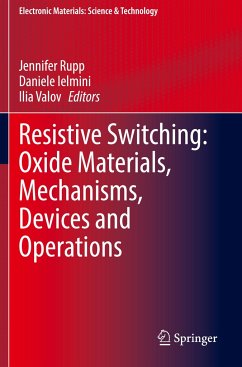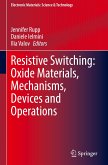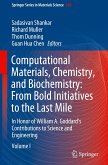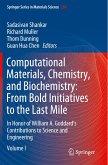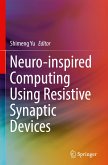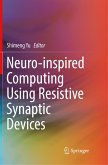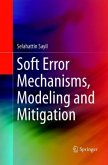This book provides a broad examination of redox-based resistive switching memories (ReRAM), a promising technology for novel types of nanoelectronic devices, according to the International Technology Roadmap for Semiconductors, and the materials and physical processes used in these ionic transport-based switching devices. It covers defect kinetic models for switching, ReRAM deposition/fabrication methods, tuning thin film microstructures, and material/device characterization and modeling.
A slate of world-renowned authors address the influence of type of ionic carriers, their mobility, the role of the local and chemical composition and environment, and facilitate readers' understanding of the effects of composition and structure at different length scales (e.g., crystalline vs amorphous phases, impact of extended defects such as dislocations and grain boundaries). ReRAMs show outstanding potential for scaling down to the atomic level, fast operation in the nanosecond range, low power consumption, and non-volatile storage.
The book is ideal for materials scientists and engineers concerned with novel types of nanoelectronic devices such as memories, memristors, and switches for logic and neuromorphic computing circuits beyond the von Neumann concept.
A slate of world-renowned authors address the influence of type of ionic carriers, their mobility, the role of the local and chemical composition and environment, and facilitate readers' understanding of the effects of composition and structure at different length scales (e.g., crystalline vs amorphous phases, impact of extended defects such as dislocations and grain boundaries). ReRAMs show outstanding potential for scaling down to the atomic level, fast operation in the nanosecond range, low power consumption, and non-volatile storage.
The book is ideal for materials scientists and engineers concerned with novel types of nanoelectronic devices such as memories, memristors, and switches for logic and neuromorphic computing circuits beyond the von Neumann concept.

